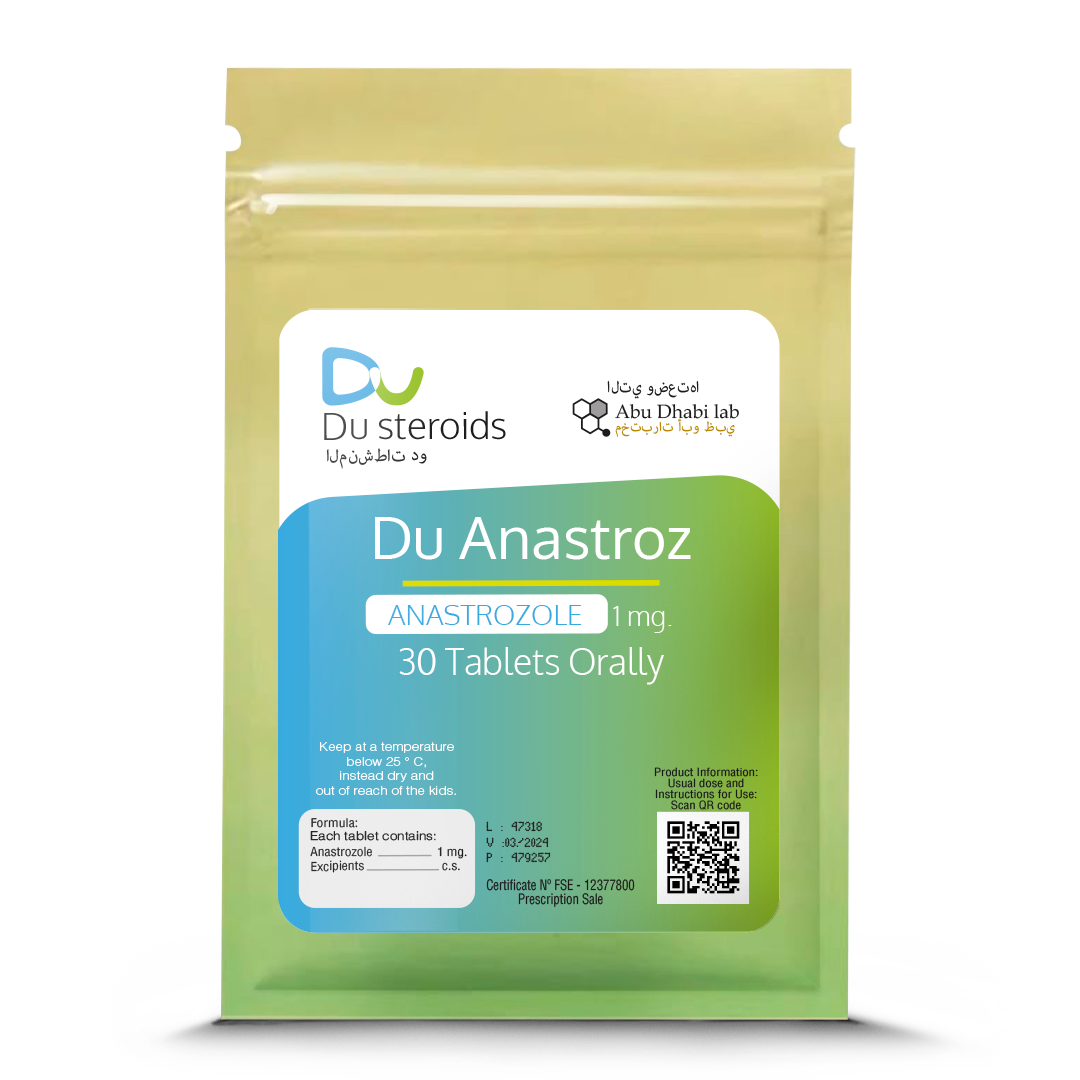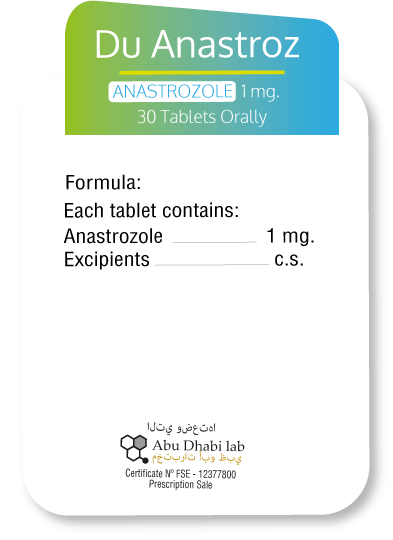

Mechanism of Action and Pharmacokinetics
Anastroz is an aromatase inhibitor, which works to decrease total estrogen levels in a woman’s body. In women who have gone through menopause, estrogen is mainly produced by converting androgens (sex hormones produced by the adrenal glands) into estrogen. An enzyme called aromatase is responsible for this conversion. Aromatase inhibitors block this conversion, leading to less estrogen in the body. While estrogen may not actually cause breast cancer, it is a necessary hormone for cancer cells with positive estrogen receptors to grow in breast cancers. With estrogen blocked, cancer cells that feed on estrogen may not be able to survive.
Indications
Anastrozole is approved for use in women who have gone through menopause with the positive hormone receptor and metastatic breast cancer. Anastrozole is approved for the adjuvant treatment (treatment after surgery) of early breast cancer in women who have passed menopause. Aromatase inhibitors are being studied in a study of adjuvant therapy in women before menopause, along with ovarian ablation. Aromatase inhibitors are being studied in women who have passed menopause with a high risk of developing breast cancer. How to take anastrozole
Posology
The dose of anastrozole is usually 1mg daily.
Interactions
It has been described that testosterone and other anabolic androgens and steroids enhance the activity of a number of drugs, with the consequent increase in toxicity. The affected drugs include cyclosporine, antidiabetics, levothyroxine and anticoagulants such as warfarin. A resistance to the effects of neuromuscular blockers has also been described.
Restrictions of Use
Aromatase inhibitors reduce the risk of recurrence of a known breast cancer (returning in an area outside the breast), perhaps even better than tamoxifen. They delay the progression of metastatic breast cancer. There is an opportunity that aromatase inhibitors are effective in preventing breast cancer. In studies in women who are treated with aromatase inhibitors as adjuvant therapy, there was a decrease in the number of new breast cancers. They are generally tolerated very well. However, the long-term side effects of aromatase inhibitors are still being studied. These studies include looking at its effects on heart disease and cholesterol.


أعدت للمنشطات دو
برج ليوا بوكس أبو ظبي
Liwa Tower P.O.
Box 904 Abu Dhabi
(9712) 6131 432
